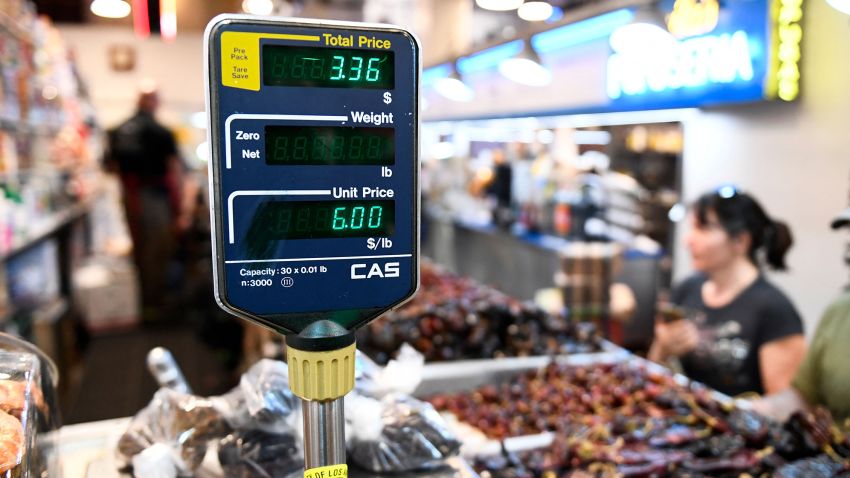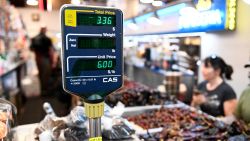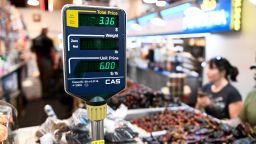Bank of America is warning that high inflation poses a credible threat to the economic recovery that began just two years ago.
“‘Inflation shock’ worsening, ‘rate shock’ just beginning, ‘recession shock’ coming,” Bank of America chief investment strategist Michael Hartnett wrote in a note to clients on Friday.
The warning came ahead of a new government report on Tuesday that showed consumer prices surged by 8.5% in March, the fastest pace since December 1981. There were record year-over-year price spikes on everything from new vehicles and men’s apparel to baby food and salad dressing.
Inflation is “out of control,” Hartnett wrote, adding: “Inflation causes recessions.”
Although the last recession was sparked by a pandemic, economic expansions are often ended by the Federal Reserve slamming on the brakes to fight rising inflation.
Markets are bracing for the Fed to rapidly raise interest rates, at the fastest pace in decades, to get prices under control. The risk is that the central bank will do too much, sinking the economy in the process.
‘Recessionary’ price moves in markets
Bank of America is not outright calling for a recession in the United States. But the bank is raising the specter of a slowdown and pointing to recession signals on Wall Street.
Hartnett noted that price action in financial markets has been very “recessionary,” citing steep declines for economically sensitive home builders, semiconductor manufacturers, small caps, retail and private equity.
Global growth expectations plunged to record lows in April among investment fund managers surveyed by Bank of America, according to a separate report published Monday.
That survey also showed profit expectations among investors tumbled to their weakest level since March 2020, closing in on levels seen during other scares including the 2008 collapse of Lehman Brothers and the 2001 bursting of the dot-com bubble.
Last week, Deutsche Bank became the first major bank to forecast a recession. The bank expects the Fed will push the economy into a “mild” downturn that begins in late 2023.
Cooling off the jobs market
But others think the Fed may be able to tame inflation without causing a recession.
To get inflation under control, Goldman Sachs said in a report Monday night that economic growth must soften to a “modestly below-trend pace – enough to persuade firms to shelve some of their expansion plans, but not by so much to trigger sharp cuts in current output and employment.”
When labor demand falls significantly, downturns tend to follow. There has never been an increase in the unemployment rate of more than 0.35 percentage points on a three-month average basis that wasn’t associated with a recession, Goldman Sachs said.
Although the overheating jobs market has “raised the risk of recession meaningfully,” the bank is not currently forecasting a recession in the United States.
Goldman Sachs said its relative optimism is based on the strong balance sheets of businesses and families and its belief that cooling off the jobs market should be made easier by the post-Covid normalization process that will let more workers come off the sidelines.























